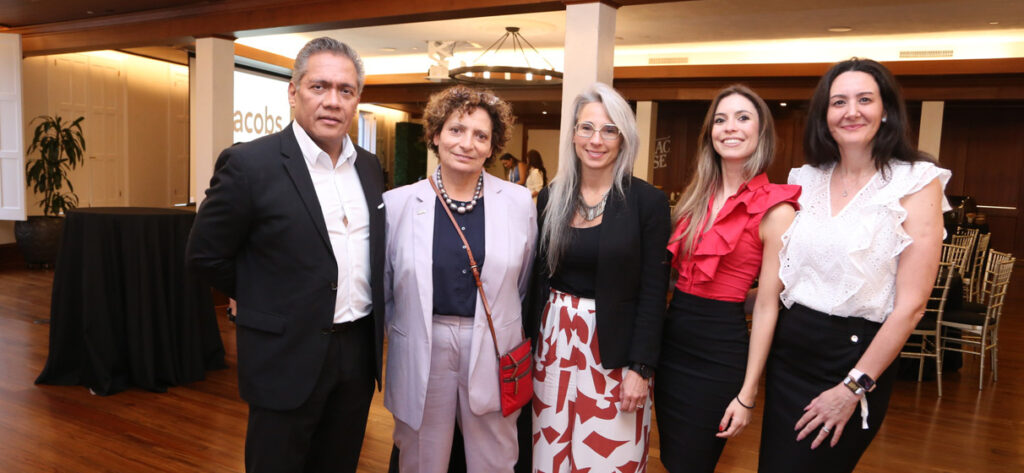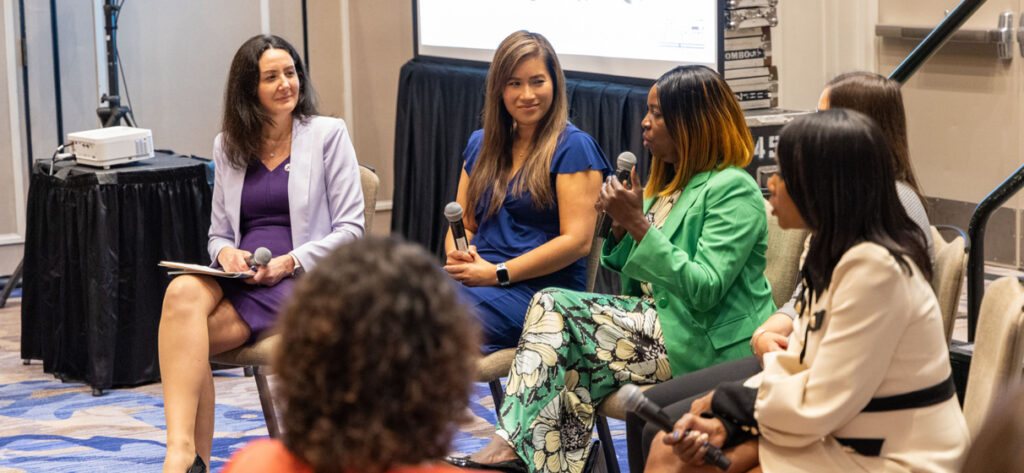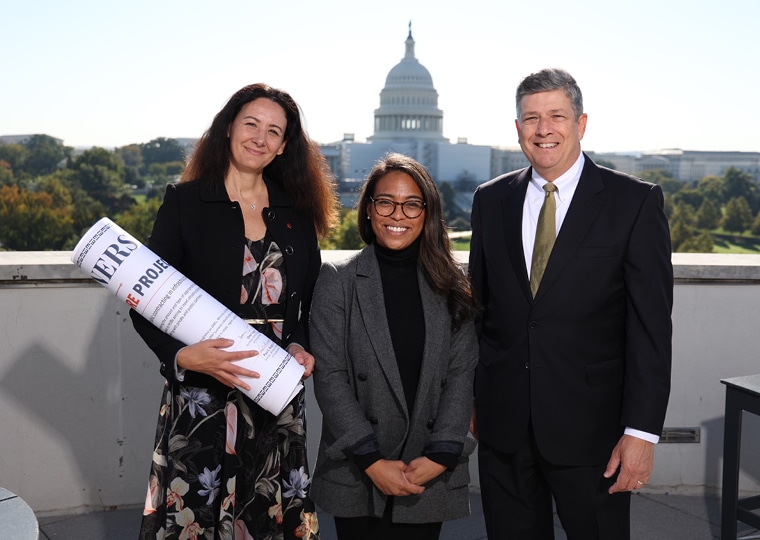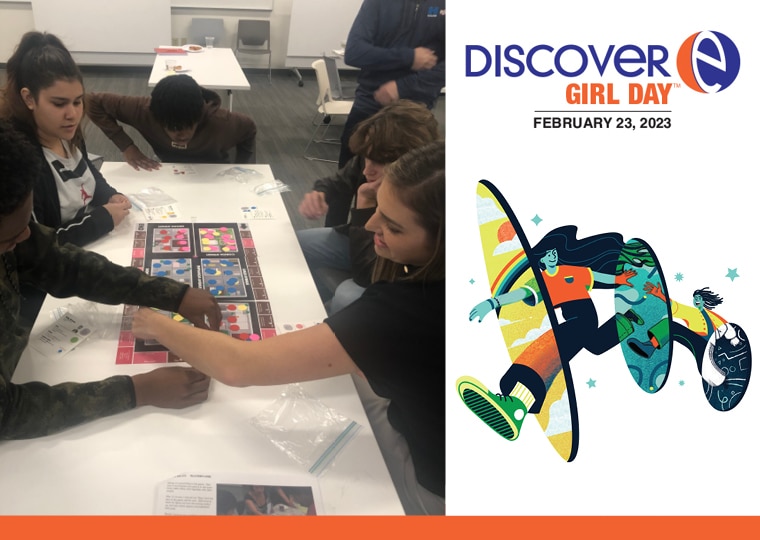This year’s WTS International Annual Conference in New Orleans, LA, was inspiring on several levels – whether it be from the various technical sessions that touched on the topics and trends that stand to shape the next decade of infrastructure like zero emissions, AI and digital technology or equity and accessibility, or from its leadership sessions that allow attendees to connect with some of the industry’s top minds.
For STV’s delegation, the annual conference provides value in how it serves as a major platform for us to learn from and network with a wide array of experts. STV has been a long-standing supporter and advocate of WTS for decades, and nearly all of us in attendance are highly active in the organization at the local chapter level. Taking the higher-level insights gathered at the annual conference and leveraging that knowledge with our clients and communities can lead to a generational impact at the local level.
This year’s sessions were built around five major themes: collaborating on climate resilience and funding in transportation, navigating new technology in transportation, career development and management solutions, inclusivity and equity in transportation, and connecting to the future of transportation.
On the technical side, STV and its multidisciplinary team is well aware of the great challenges and opportunities that currently exist in our industry. The panel was moderated by Kristen Van Gilst and included our colleague Lori Pepper, a regional mobility technologies solutions leaders, as one of the four panelists, “Pulse of Progress: Turbocharging Mobility and Sparking the Electric Revolution in Transportation Planning,” we discussed the current rise in mobility as a service (MaaS) – which takes various forms of transportation services like transit, ridesharing and micromobility, and integrates them into a single, accessible on-demand platform. The goal of MaaS is to leverage data and technology to optimize existing infrastructure, reduce congestion and improve the overall efficiency of transportation systems. By providing personalized route options, MaaS also allows commuters to make more informed decisions about their travel experiences.

The recent growth of STV’s Mobility Technologies and Smart Cities teams runs parallel to many of the themes and topics that were central to this panel discussion and others. Additionally, this panel marked another instance where the conference’s broad audience proved to be so crucial to the event’s dialogue. Throughout this panel, we heard several voices about what works for them and how they use technology differently. We know from our own team how living in different communities produces a wide range of experiences. It can sometimes be overwhelming for someone to experience a new city or municipality for the first time. However, the discussions at the WTS International Annual Conference facilitate a shared experience for participants – where the whole spectrum is under one roof with the expressed goal of collaboration and knowledge sharing.
The conference’s technical sessions provide riveting discussions that will inform our work with our clients. However, since WTS’s founding in 1977, a central tenet of the organization’s mission is the advancement of women in the transportation industry. This is accomplished in a variety of ways, but at the annual conference, this idea is central to career development and connecting the future of transportation workshops and panels.

At another panel, “EmpowHER: Navigating Advocacy, Self-Promotion and Emotional Intelligence in the Workplace,” which was moderated by Patricia Macchi, the discussion incorporated the perspectives of such respected leaders in our industry, including STV Board Member and long-standing public servant Lynda Tran, as well as leaders from Los Angeles County Metropolitan Transportation Authority, Texas Department of Transportation and the Northern Virginia Transportation Authority. The dialogue focused on such topics as embracing authenticity, how self-promotion can play a crucial role in career advancement and the strategies around that and navigating the balance between self-advocacy and maintaining a healthy sense of self-worth.
More broadly, the conference brought together so many extraordinary women representing every facet of transportation, whether it be agency leaders, consultants or academia. These sessions provided both tactical strategies and inspiring words of wisdom while recognizing that for women in attendance, there’s no singular leadership path. And that our journeys can all look very different and are always very personal.











